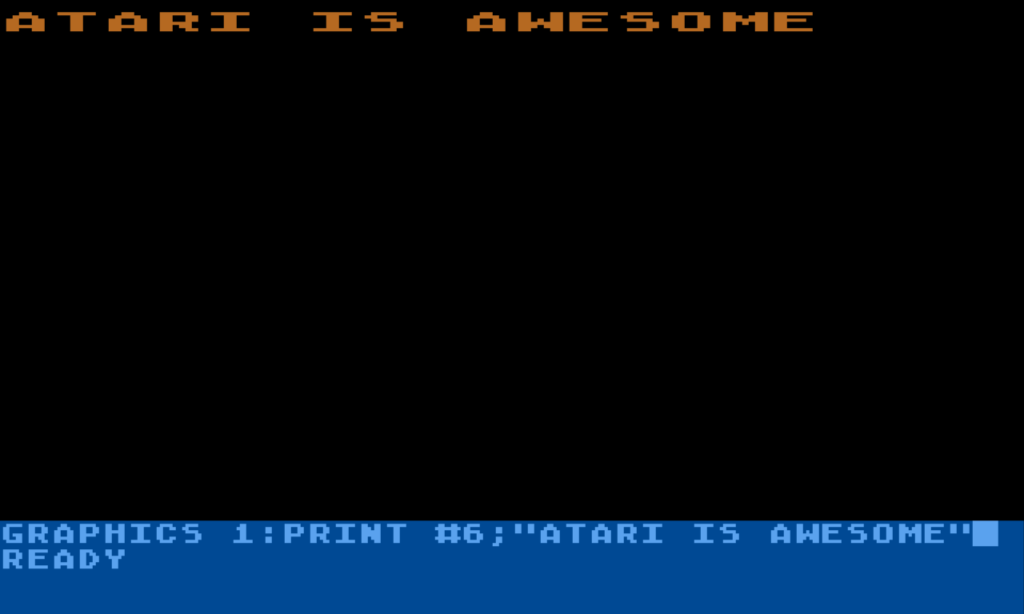Apparently this is the season of low-budget time travel movies, because I get another one. This was a much better ride.
An asshole archaeologist goes caving alone except for his dog, trying to find some hippies who went missing 40 years ago. He passes thru a weird wet invisible wall and never returns.
So then his two students go looking for him. They pick up a random girlfriend, younger sister, and "Furby" who is (as they point out) like Chunk from the Goonies but not as heroic or competent. They rappel down thru the wet invisible wall.
The cave areas are mostly classic Dr Who quality warehouse floors with dust and plaster stalagmites, but the centerpiece tower chamber looks OK.
SPOILERS ahoy
They get many clues that something's wrong with time, even if they can't read the title, but don't put it together for a long time. The wet field is of course condensation at the time barrier. The "Furby cut the rope!" hypothesis is kept up much longer than is plausible, but they do eventually figure out why ropes break.
It's great that they all have gopros, so we can see the same scenes multiple times on tiny phone screens (or a projector but with no silver screen in a cave) in lieu of anyone talking it over. The mythology is finally explained in some detail, but it's after much too long of everyone saying "what is happening?!"
Finally the random encounters start. The cavemen are ridiculous, scampering on all fours. There ought to be generation after generation of invaders, instead of just cavemen, conquistadors, lone gunslinger, hippies, archaeologists, and spacemen.
There's some unexamined bits. What do the cavemen eat? Where do they get wood for fires, leather for clothes? Cannibalism and healing in the spring? Where does the Fountain come from? Why is it able to do this? No idea.
[Update: I just realized. This is set in Texas. Where the hell did they get cavemen? Native Americans got here only 15-20KYA, and they're the same Homo sapiens as everyone else, not these sorta-Neanderthal/Homo habilis looking grimy monkey men. There have never been non-Sapiens hominids in North America, Bigfoot claims aside.]
The final scenes are a bit neat and tidy, and really could've used a freaky post-Human Martian coming in to say something, but it did fine for a limited cast.
Minor point against it: The dog is never seen again, even though he should've been hanging around the truck when the students arrived. Maybe he survived, but probably the coyotes got him. I want a happy ending for the dog, too.
This is an interesting time for indie films, because even cheap cameras look good, so if you have a decent script and the special effects are just Photoshop on a few frames, you can make a professional film on a shoestring budget.
★★★½☆
